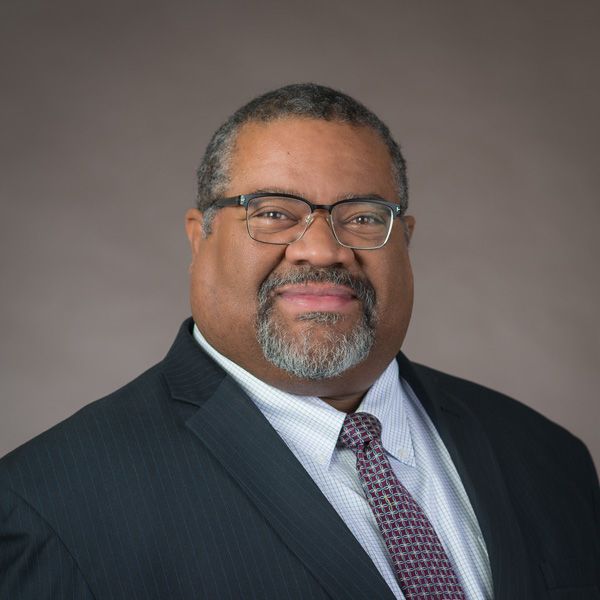Meet the Board: CareOregon's Eric Hunter Discusses Merger Setback, Medicaid Success and New Residency Program
In our latest "Meet the Board" podcast episode, Managed Healthcare Executive Editors caught up with editorial advisory board member, Eric Hunter, CEO of CareOregon, to discuss a number of topics, one including the merger that never closed with SCAN Health Plan due to local opposition from Oregonians.
In our latest "Meet the Board" podcast episode, Managed Healthcare Executive Editors caught up with board member, Eric Hunter, CEO of CareOregon, to discuss a number of topics, with one including the merger that never closed with SCAN Health Plan due to local opposition from Oregonians, emphasizing the need for partnerships to meet scaling and capital requirements.
Hunter

On the other hand, Hunter also praised Oregon's careful Medicaid redetermination, resulting in a smaller enrollment decline than expected.
He also highlighted a new preventive medicine residency program with Oregon Health and Science University to improve healthcare for populations most at need.
Before concluding the conversation with a question on what public official or figure of past or present he'd love to sit down over dinner with, Hunter briefly covered cybersecurity challenges and the potential impact of healthcare issues in the upcoming election.
Below is a brief Q & A of the conversation between MHE editors and Hunter. The excerpt has been edited for length and clarity.
MHE: It seems like CareOregon ran into some opposition in the state that people were wary about combining with California Health Plan, SCAN Health Plan. Where did the opposition come from?
Hunter: I think that we have seen, we're still trying to recover from a lot of effort, literally years of work that our board and leadership team put into crafting what we thought was an amazing opportunity to support Oregonians, our members, our providers, our communities, better, longer into the future, with a partnership with an organization that had, like mission and vision.
What's ironic is that the opposition to that deal didn't come from folks that had concerns about what we would necessarily do together... We often said that it was opposition of love, in that folks were worried that we would no longer be who we've been for 30 years.
This is our 30th anniversary of CareOregon serving the Oregon population, and there was a palpable fear that by combining with anyone for profit, not for profit, Oregon, California, that there was a chance that we would no longer have the focus on Oregon that we've had, or no longer have to focus on serving the most vulnerable populations. Some even harbored PTSD from previous combinations that had happened in Oregon decades ago.
What I think really drove the bulk of the opposition was when it became a chore to get the narrative as we really saw it out. We went in with the assumption that it was a good thing because we had spent so much time working on it and crafting an agreement that protected Oregon, that protected our members and our providers and our staff, our independence as much as possible.
Conversations With Perry and Friends: Paul Fronstin, Ph.D.
May 9th 2025Perry Cohen, Pharm.D., a longtime member of the Managed Healthcare Executive editorial advisory board, is host of the Conversations with Perry and Friends podcast. In this episode, his guest is Paul Fronstin, Ph.D., director of health benefits research at the Employee Benefit Research Institute.
Listen
Conversations With Perry and Friends
April 14th 2025Perry Cohen, Pharm.D., a longtime member of the Managed Healthcare Executive editorial advisory board, is host of the Conversations with Perry and Friends podcast. His guest this episode is John Baackes, the former CEO of L.A. Care Health Plan.
Listen